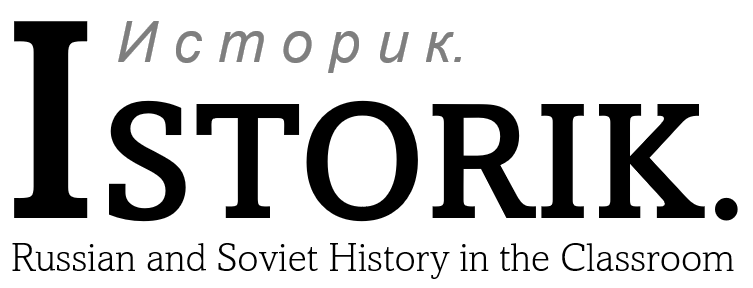This scheme of work has recently been updated and can be found in full on the SHP's Curriculum PATHS project page here: https://padlet.com/cpaths/shp-curriculum-paths-sharing-hub-67fifmslrhyo1e0x
Something a little bit different.
A few years ago, I set about planning and writing a scheme of work on the Spanish Civil War. To the best of my knowledge (then and now), this is not something that's typically taught in British schools. So why Spain?For the purposes of Soviet foreign policy, the Spanish Civil War is hugely significant. Stalin had the distinction of being the only European leader who militarily backed the Spanish Republic (although his motives have been, quite rightly, doubted by all commentators since). Spain, like Russia, was also exceptional in being one of the only European countries to experience a full-blown social revolution in the first half of the twentieth century. And like Russia, this coincided with a devastating civil war.
More widely, the story of Spain during its civil war, 1936-1939, has the potential to connect to the wider story of European (and world) history between the end of the first, and the start of the second, world war.






